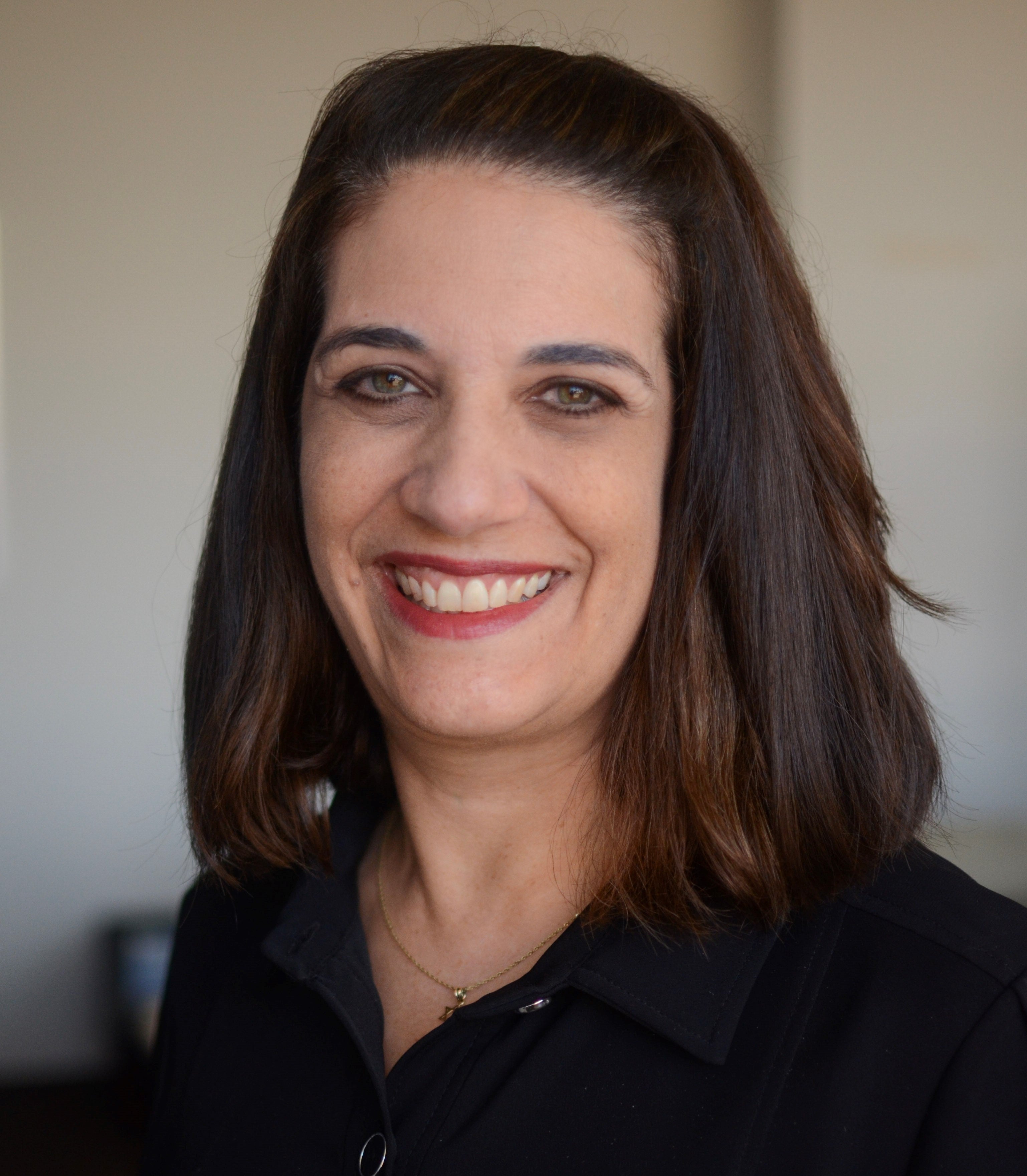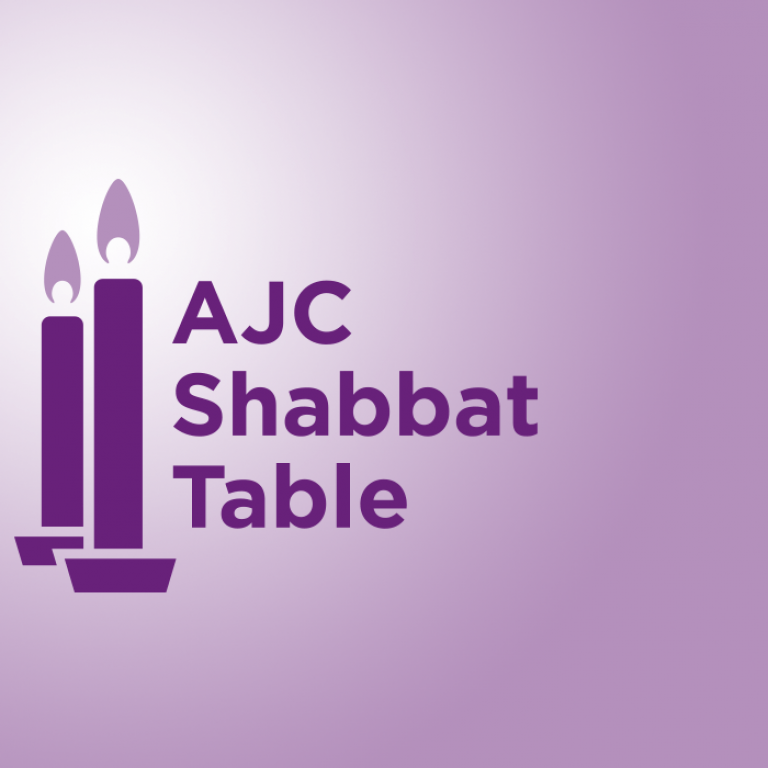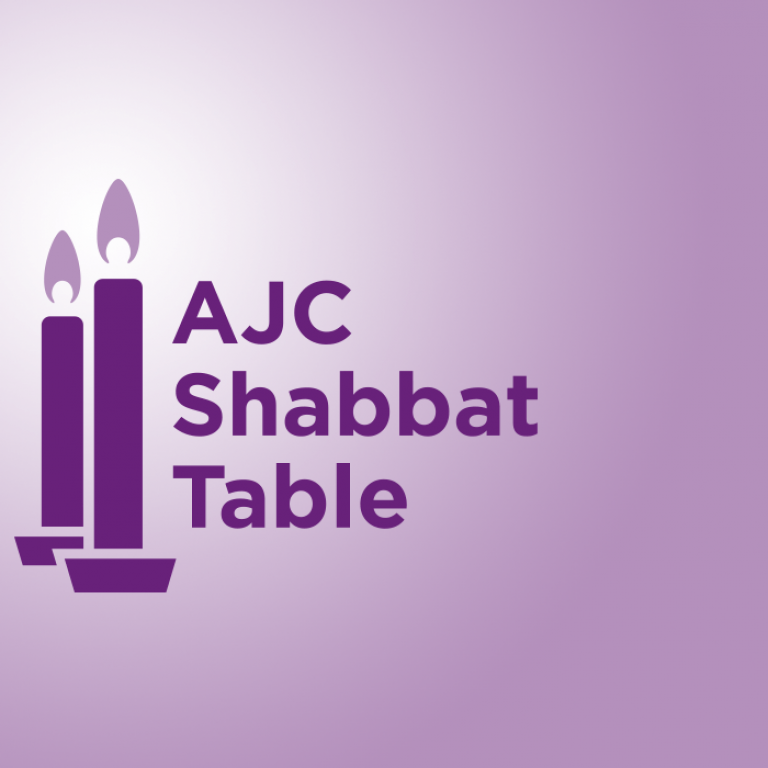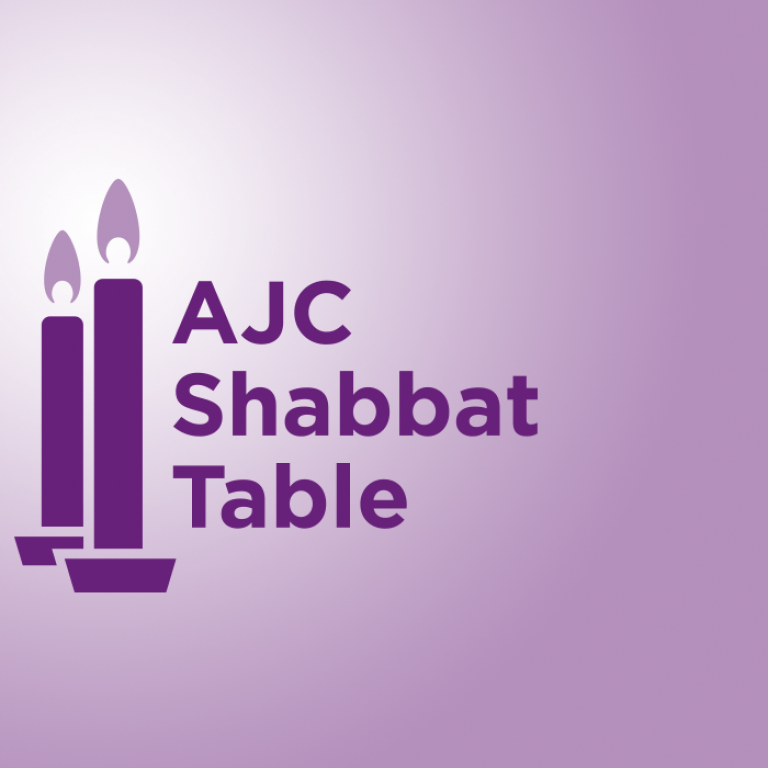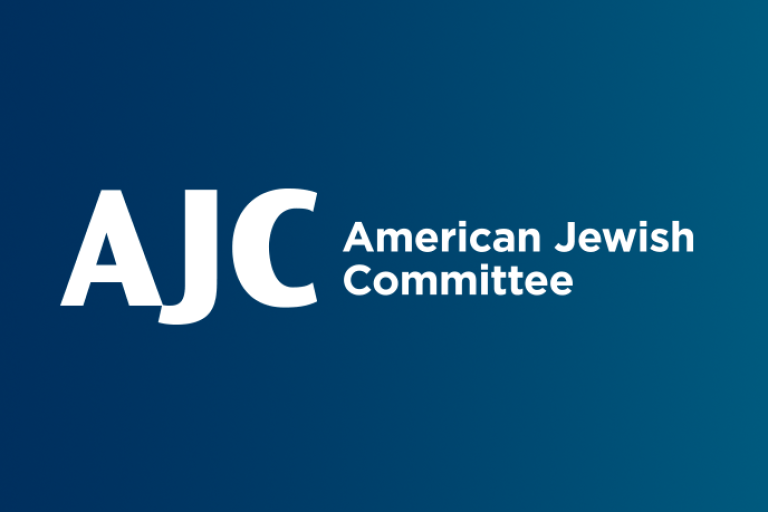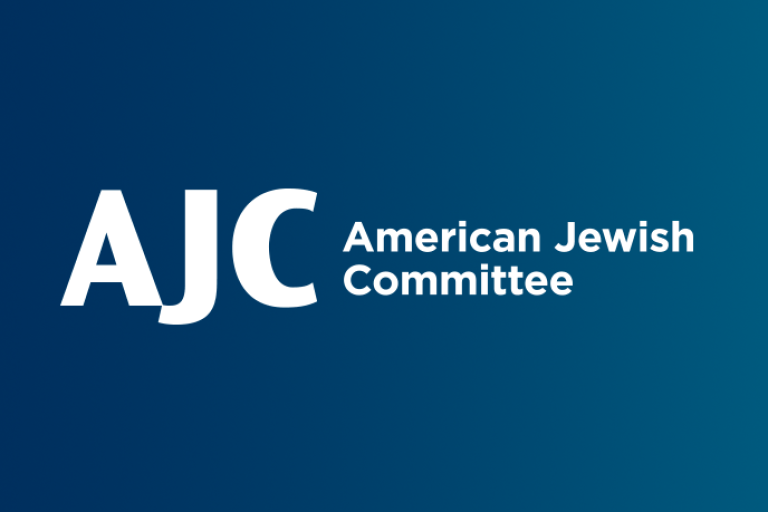August 7, 2020
This Shabbat: Parshat Eikev-Deuteronomy/Devarim 7:12-11:25
The Book of Deuteronomy is filled with speeches that Moses makes to the Children of Israel as he nears the end of his life and his role as their leader. In this week’s Torah portion, Moses recounts the story of the Golden Calf, reminding the Children of Israel of their terrible sin in building a meaningless idol while Moses was up on Mount Sinai receiving the Torah from God. God was furious with them and Moses had to beg God to forgive them for their sin. Moses is successful in his entreaties to God. He reminds God that the Children of Israel are God’s special people whom He took out of Egypt. And, he reminds God that God promised the Children of Israel’s ancestors, Abraham, Isaac, and Jacob that He would deliver them into the Land of Israel. This story has much to teach us today. We have all been in situations in which we are furiously angry at someone we love. Sometimes it is hard to find it in our hearts to forgive that person. The story of the Golden Calf gives us insight into how we might move past our anger. Just like Moses reminded God of God’s eternal relationship with the Jewish people and the covenant that they shared with one another, we too should strive to put those rocky moments with those we love into a larger context of a longstanding and strong relationship. Perhaps then we will find it easier to forgive the way God forgave the Jewish people.
This Week in Jewish History
August 9, 2001: Sbarro Massacre
On this date in 2001, in the midst of the Second Intifada in Israel, a Palestinian terrorist carried a guitar case full of explosives into Sbarro’s pizzeria in central Jerusalem and detonated it in a deadly suicide bombing attack. The attack killed 16 people, half of whom were children, and wounded 100, many of them severely. Among those murdered were Mordechai and Tzira Schijveschuurder, both children of Dutch Holocaust survivors, and three of their children. Their two other children, daughters, Leah, 11, and Chaya, 8, suffered serious injuries. Another victim was an American Jew named Shoshana Greenbaum, who was pregnant with her first child. The bomber who carried out the attack had been escorted to Sbarro’s by a twenty-year old Palestinian woman terrorist named Ahlam Tamimi. Tamimi expressed great satisfaction with her role in the attack. She described herself as smiling as she heard the death toll increase on the news in the period right after the bombing. She was later imprisoned by Israel for her role in the bombing. While the Second Intifada had been going on for almost a year by the summer of 2001, the enormity of scale of the Sbarro attack and the depravity of attacking a crowded pizzeria filled with a lunchtime crowd of innocent civilians brought home its horrors to people around the world. The bombing was widely condemned around the world including by American President George W. Bush, the United Nations and the European Union. In response to the attack, Israel closed Orient House, which was the unofficial headquarters of the Palestinian leadership in East Jerusalem. In 2011, despite vociferous opposition from family members of those murdered in the Sbarro attack, Israel freed Ahlam Tamimi as part of a prisoner exchange to obtain the release of Israeli POW Gilad Shalit.
August 10, 1993: Ruth Bader Ginsburg is sworn in as Supreme Court Justice
Ruth Bader Ginsburg was the sixth Jew, the second woman, and the first Jewish woman to serve on the United States Supreme Court. Nominated by President Bill Clinton, Ginsburg enjoyed the support of senators on both sides of the aisle. She was resoundingly confirmed by the Senate in a vote of 96 to 3. Known for her staunch defense of women’s rights, her proud Jewish identity, her love of wearing lace jabots to ornament her judicial robes, and of course her super-charged workouts with her trainer, Ginsburg is a Jewish feminist and pop culture icon. Memes labeling her the Notorious RBG, a play on rapper Biggie Smalls’ moniker Notorious B.I.G, can be seen on t-shirts, coffee mugs, laptop stickers, and even tattoos. She has also been famously portrayed by Kate McKinnon on “Saturday Night Live.” Ginsburg is the subject of two movies: a documentary titled “RBG” and a feature film titled “On the Basis of Sex,” which chronicles her work as a women’s rights attorney before she ascended to the bench. In an address to AJC after she was appointed to the Supreme Court, Ginsberg said, “I am a judge born, raised, and proud of being a Jew. The demand for justice runs through the entirety of the Jewish tradition. I hope, in my years on the bench of the Supreme Court of the United States, I will have the strength and the courage to remain constant in the service of that demand.”
Justice Ginsberg is currently undergoing treatment for a recurrence of cancer. If you are so inclined, it is traditional in Judaism to recite a “misheberach,” a special prayer for the complete recovery of those who are ill. You can find the text and translation of the misheberach as well as some beautiful musical versions here. Justice Ginsberg’s Hebrew name is Yitta Ruchel bat Tzirel Leah. We wish her a speedy and complete recovery.
August 12, 1948: The first diplomatic envoy of the United States arrives in Israel
America was the first nation in the world to formally recognize the new State of Israel when it declared its independence on May 14, 1948. On August 12, 1948, just under three months later, the U.S. State Department sent its first diplomatic envoy to Israel - Special Representative James G. McDonald. The Jewish Telegraphic Agency’s Daily Bulletin reported that McDonald was “loudly cheered by a large crowd” who came out to greet him. When a reporter asked him if he had brought any message from President Truman, McDonald replied, “In a way, I am the message.” McDonald meant that the very fact that America had sent a diplomatic envoy to Israel so soon after the nation’s founding was a statement of President Truman and America’s strong support for the nascent State. In February 1949, McDonald’s position was upgraded to full ambassador and he continued to serve as the first U.S. Ambassador to Israel until 1951. McDonald was a staunch and proud supporter of Israel. He supported recognition of Israeli control over Jerusalem, a step the U.S. government refused to take. He also lobbied the State Department in support of Israel’s acceptance into the United Nations. When McDonald published his memoir about his time as ambassador, My Mission in Israel. 1948–1951, he had a complimentary copy sent to every rabbi in the United States! McDonald’s storied time as ambassador set the stage for decades of close diplomatic ties between America and Israel.
For Shabbat Table Discussion: Seth Rogen’s Interview with Marc Maron
On July 27th, comedian Marc Maron hosted Canadian Jewish comedian and actor Seth Rogen on his popular podcast, WTF. What was meant to be an opportunity for Rogen to discuss his new film “An American Pickle” turned out to be a wide-ranging conversation between the two men about their Jewish upbringings, Jewish identities, and feelings about Israel. Rogen criticized his Israel education, which he said contained “a huge amount of lies” and questioned why it was a good idea for Jews to be gathered in one country. His comments caused enormous controversy in the Jewish community. If you didn’t listen to the podcast, you can do so here. (Warning: the language is not, shall we say, “family friendly.”) Read some of the reactions in the Jewish press here, here, and here. Rogen defended many of his comments about his Israel education, but apologized for insinuating that Israel should not exist.
Questions for discussion at your table:
- Does it matter what a Jewish actor and comedian says about Israel? If not, why do you think the Jewish world got so riled up about this interview?
- Do you think the education you got about Israel was fair? Do you think you know enough about Israel? What else do you want to know?
- At the end of the interview, Rogen says to Maron, ““We don’t believe in this @#$% but it’s all we can [bleep]ing talk about.” Why do you think Rogen and Maron got so involved with talking about their Jewish identities if they claim not to believe in Judaism?
For resources for learning more about AJC’s Israel advocacy and for gaining a more nuanced understanding of Israeli politics and society, visit the Israel resources on AJC’s website. We particularly recommend watching the excellent Advocacy Anywhere programs about Israel, especially Dr. Shaw Frank’s recent conversation with author and thinker Dr. Daniel Gordis on the two-state solution.
Did you know that AJC runs an award-winning teen leadership program called LFT (Leaders For Tomorrow) which can give your high schooler a grounding in nuanced and thoughtful Israel advocacy? For more information, click here.
Shabbat shalom!
שבת שלום!

